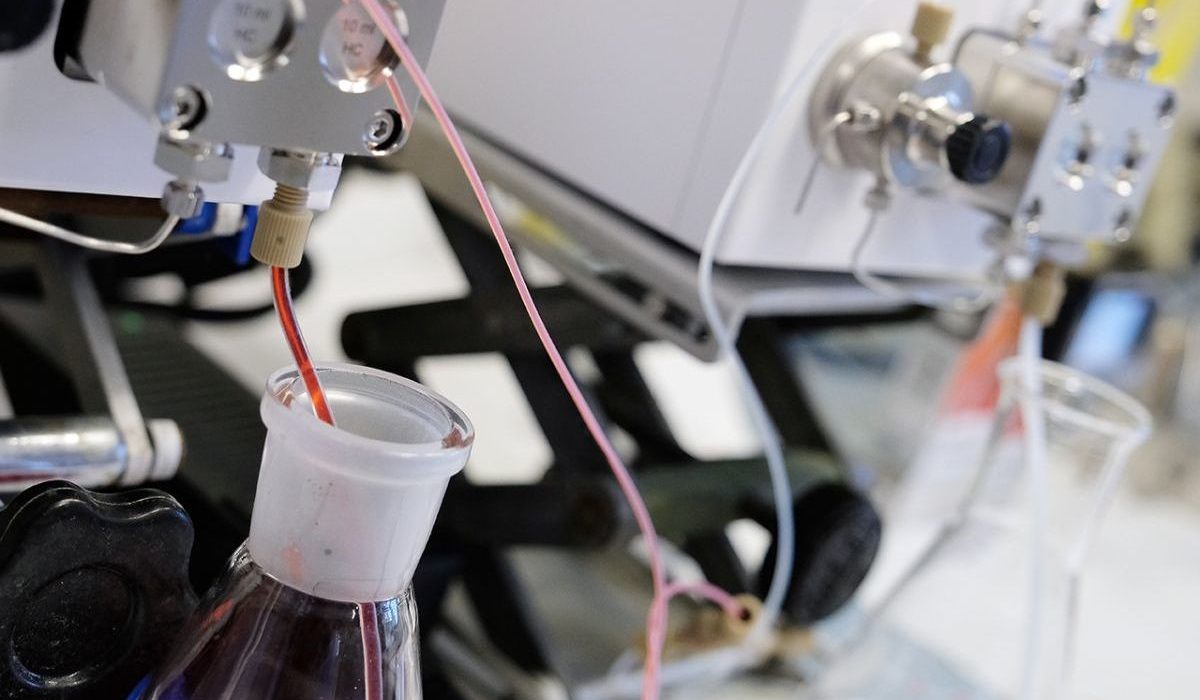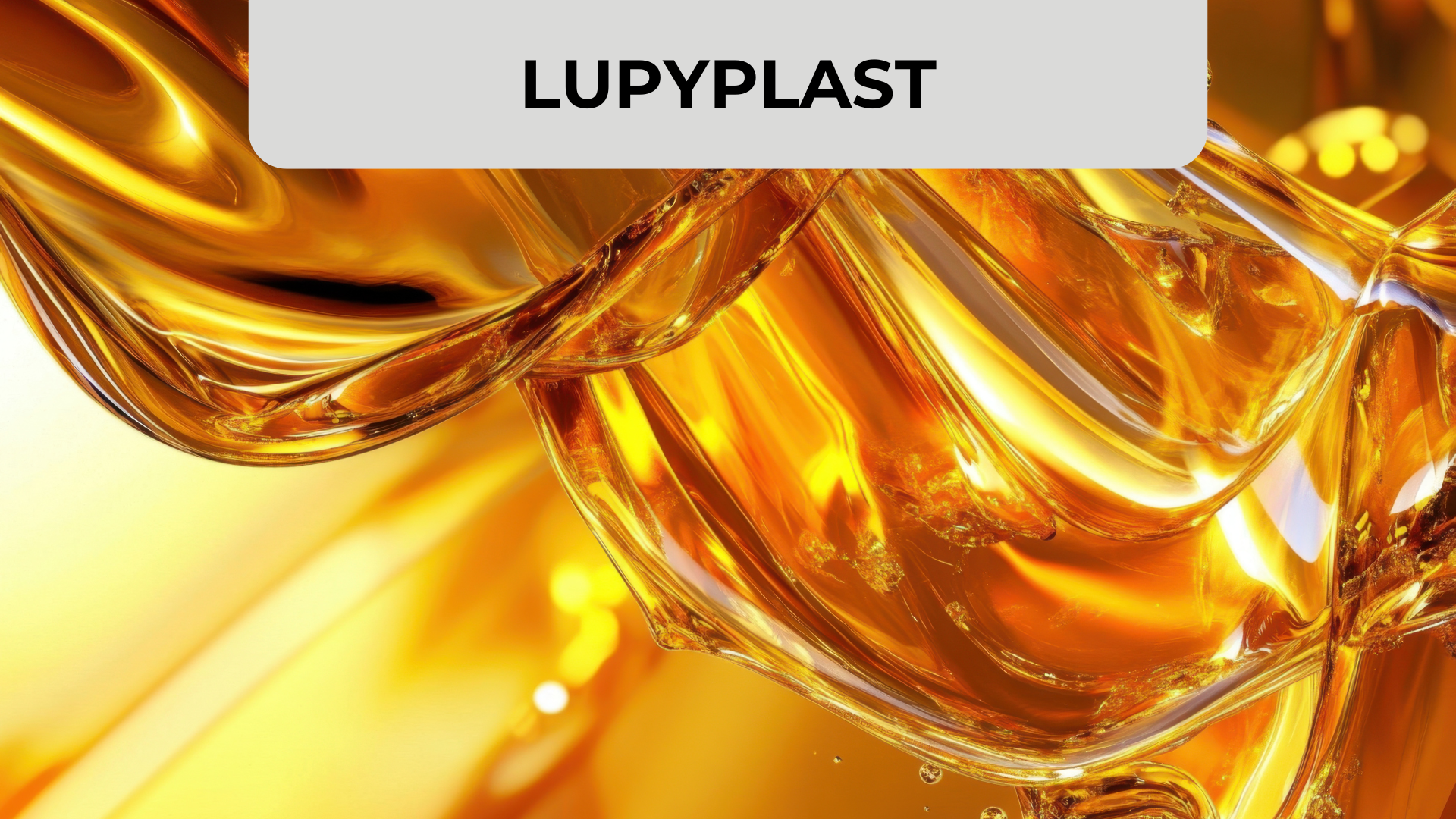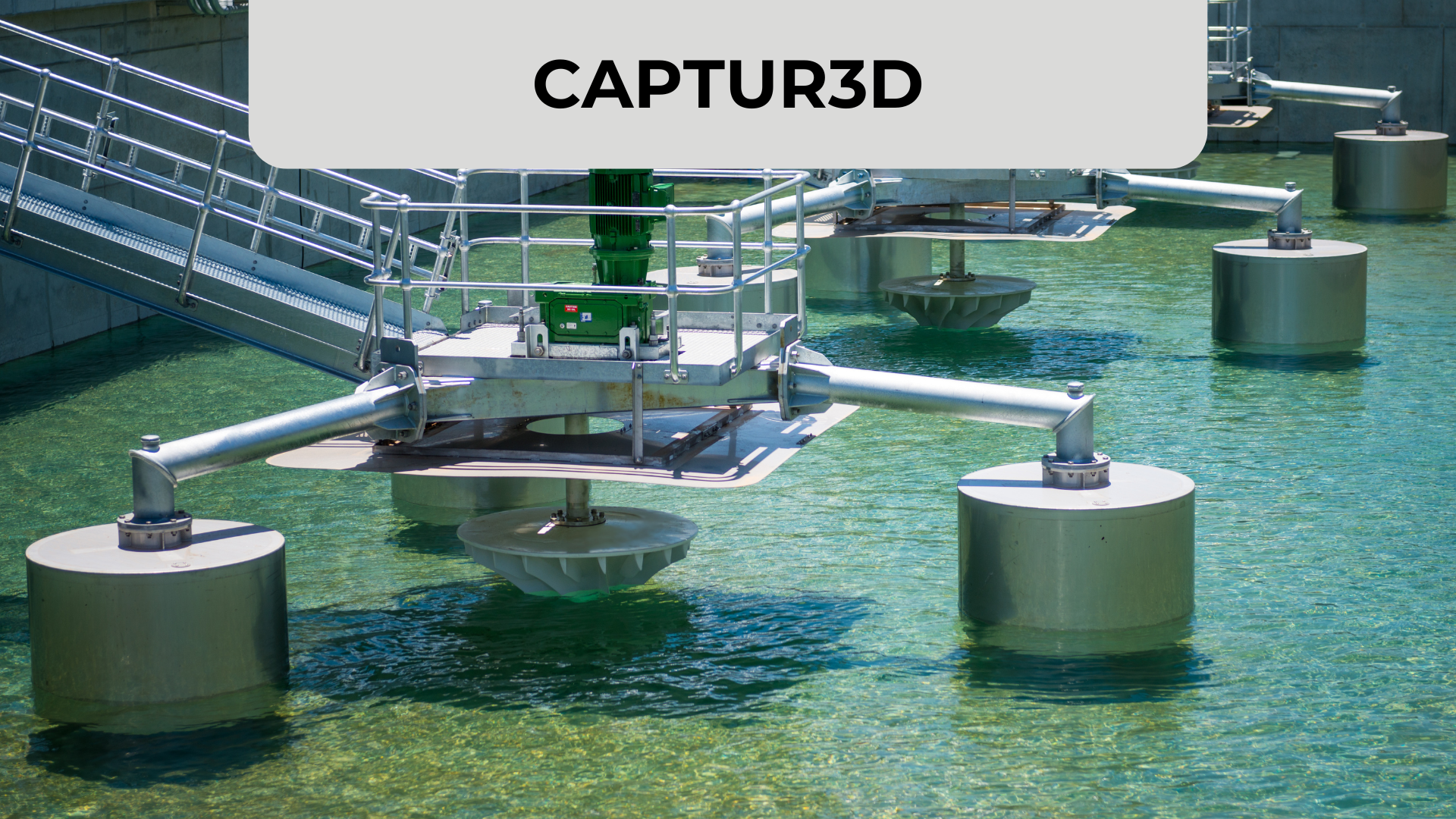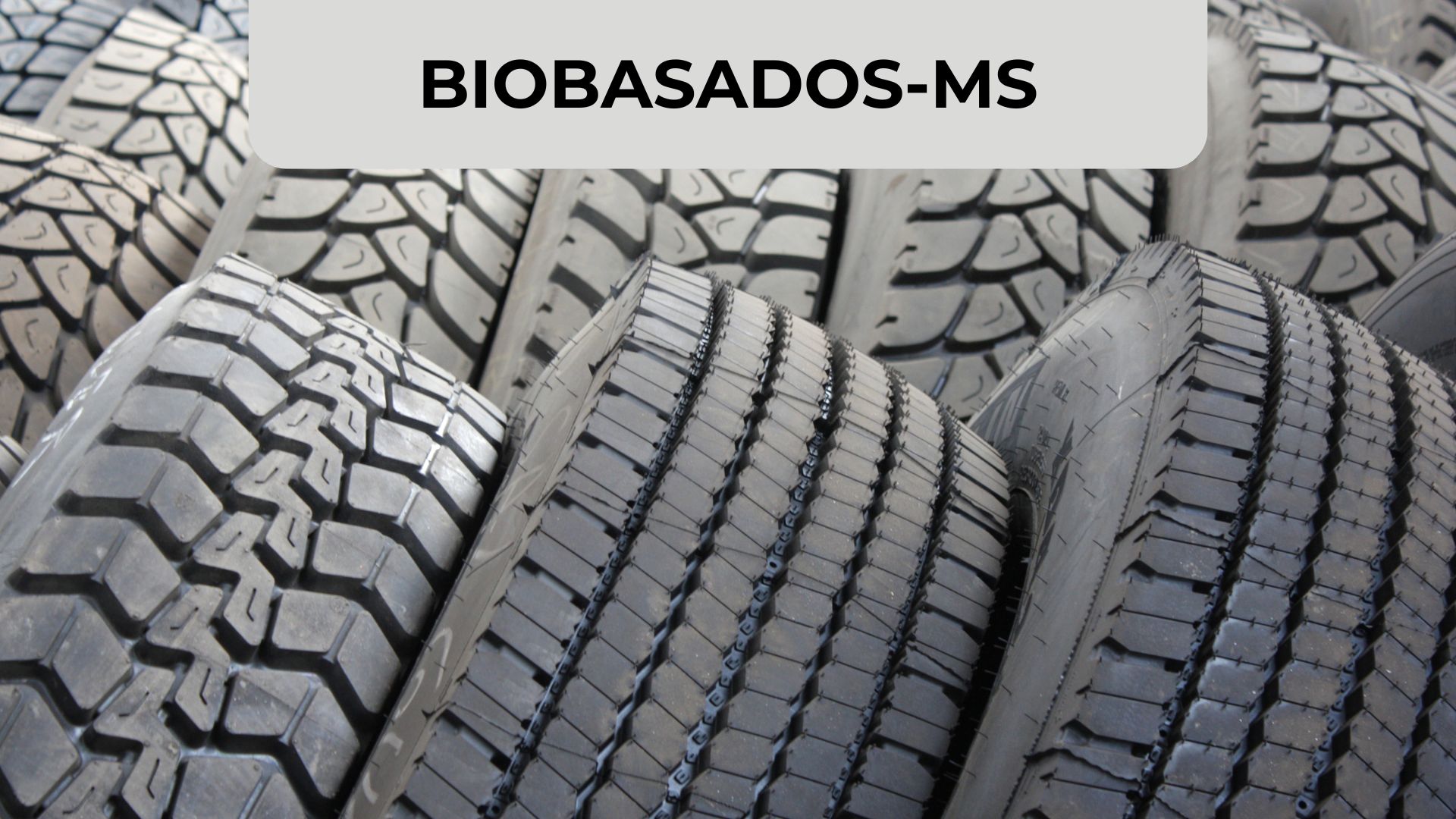Design of an electrochemical plant to demonstrate the commercial opportunities of converting low-cost lignin feedstock into high-value biosustainable chemicals.
The Liberate project focuses on lignin, a chemical compound found in every tree or plant. It is a natural, abundant, and renewable resource that can be utilized for various applications. Currently, many products in the chemical industry, such as vanillin, antioxidants, and polyamide, are oil-based. However, lignin-based products outperform their synthetic alternatives in terms of environmental impact and sustainability. This high-potential resource must be exploited and transformed into sustainable commercial products.
The main goal of Liberate is to build a pilot plant integrating electrochemical processes to convert low-cost lignin into valuable, market-ready products. The plant will break lignin into small chemical compounds, such as aromatic compounds, which are essential for producing vanillin, antioxidants, and polyamide. Additionally, the plant will be powered by photovoltaic panels to ensure the entire process is sustainable.
One unique aspect of the Liberate project is that its partners span the entire chemical value chain, from lignin feedstock to market validation. Currently, the project is in the optimization phase of the three main processes, alongside the final design of the reactors and the selection and design of the electrodes. Construction of the pilot plant is scheduled to begin at the end of 2020.
Liberate focuses on two different types of depolymerization processes for various lignin types, given their varying chemical compositions:
- Electrochemical depolymerization of Kraft lignin: This process is used to synthesize vanillin, a high-value compound and flavoring agent made exclusively from lignin.
- Electrochemical depolymerization of Organosolv lignin: This process produces mixed phenolic derivatives, which are further used to create antioxidants, adhesives, and aromatic aldehydes for the chemical industry.
In addition to lignin depolymerization, Liberate validates the electrochemical oxidation of sustainable cyclohexanol derivatives to synthesize propyl adipic acid, a compound typically derived from petroleum. Propyl adipic acid is essential for producing polyamides (e.g., nylon) and polyester.
Funded under Horizon 2020, Liberate is a collaborative project financed by the European Union under grant agreement No. 820735. It is led by Leitat and supported by a robust consortium of partners, including:
- Research centers and universities: Fraunhofer IGB and CBP, TNO, SINTEF, Johannes Gutenberg University Mainz, University of Alicante.
- Large enterprises: Evonik, Perstorp, Condias, Oxiris.
- SMEs: CHIMAR, Megara, NX Filtration, ENSO, Idener, and Gate2Growth.
This project has received funding from the European Union’s Horizon 2020 research and innovation program under grant agreement No. 820735. This publication reflects only the author’s views, and the European Union is not liable for any use that may be made of the information contained therein.





